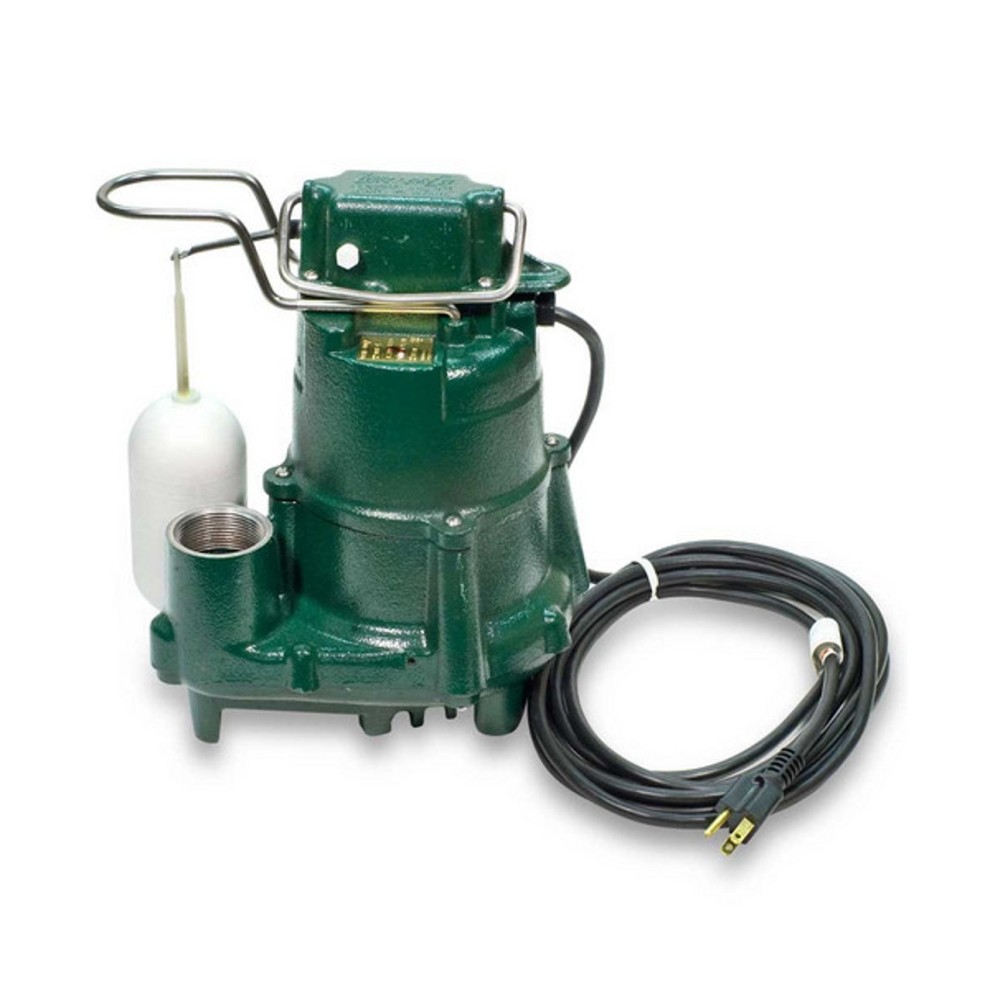Primary sump pumps can fail due to many possible reasons. This can be a disastrous event, as it can cause major damage to your home. In addition to the expenses generated, the insurance premiums for your house will go up, and meanwhile you’re inconvenienced by the repairs. That’s why you need a backup pump made by dependable water pump manufacturers.
But which type of backup pump should you get? You can get one that’s powered by batteries or by water pressure, or you can use a generator. Let’s take a closer look at the pros and cons of each option:
- The best pumps of this type are equipped with a much larger battery for a longer run time, along with a better charger that extends the lifespan of your battery. This is a good option as the installation is quite simple. It’s also not dependent on the water supply.
On the other hand, if the pump runs too often, it may last for only 12 hours, and then you may run out of battery power before it can recharge. You also have to check the battery water levels every few months and clean the battery terminals twice a year. You also may have to replace the battery every 5 years, and that can cost you over a hundred dollars.
- Water pressure. As long as you have water pressure in your home, there’s no limit to how long this backup system will run. You won’t have to keep buying batteries and spend energy charging it. There’s also no need for even routine maintenance.
However, this kind of system uses 1 gallon of water to remove 2 gallons of sump water. That can make it an expensive choice in places where water costs a lot. In fact, in some areas it’s actually not allowed because of severe water shortages.
Even if it is allowed in your area, the installation is much more difficult. You’ll need a new water line, a new drain line, and a backflow preventer. Most local codes require the installation of RPZ valves to prevent the risk of the drain water contaminating the drinking water supply (if it’s an in-sump pump). This RPZ valve is expensive, you need professional installation, and you’ll have to pay a yearly fee for testing.
Take note that this type of pump won’t work during a power outage if you have a well.
- Many homes these days already have a generator on standby just in case there’s a power outage. Adding the sump pump doesn’t add too much to the load, since a sump pump normally draws only 9 amps or so.
However, you may be using a portable generator, and that only works when you’re home to connect it. Meanwhile, with the battery or water-powered pump systems, you have a backup that starts automatically when it’s needed.
Also, the generator only works if a power outage is the cause of the problem. If the primary pump fails due to mechanical reasons, you’re on your own—you don’t have a backup pump to take over.
Check out Burke Water Systems, where you can find the backup system from reliable water pump manufacturers that you may be looking for.



